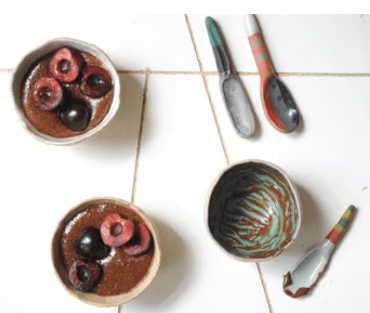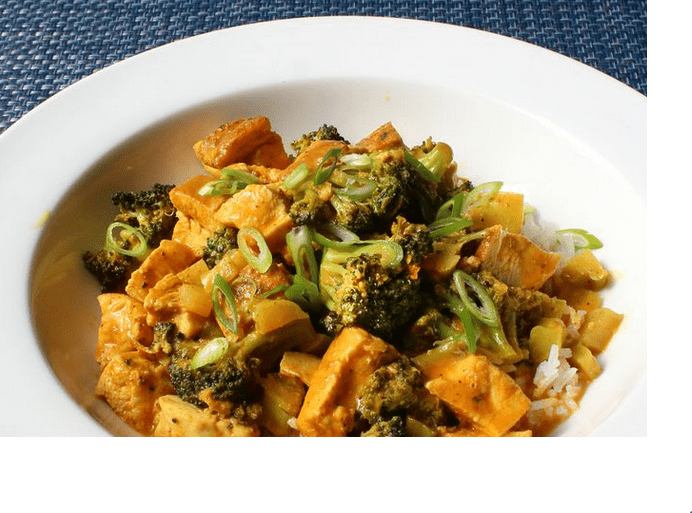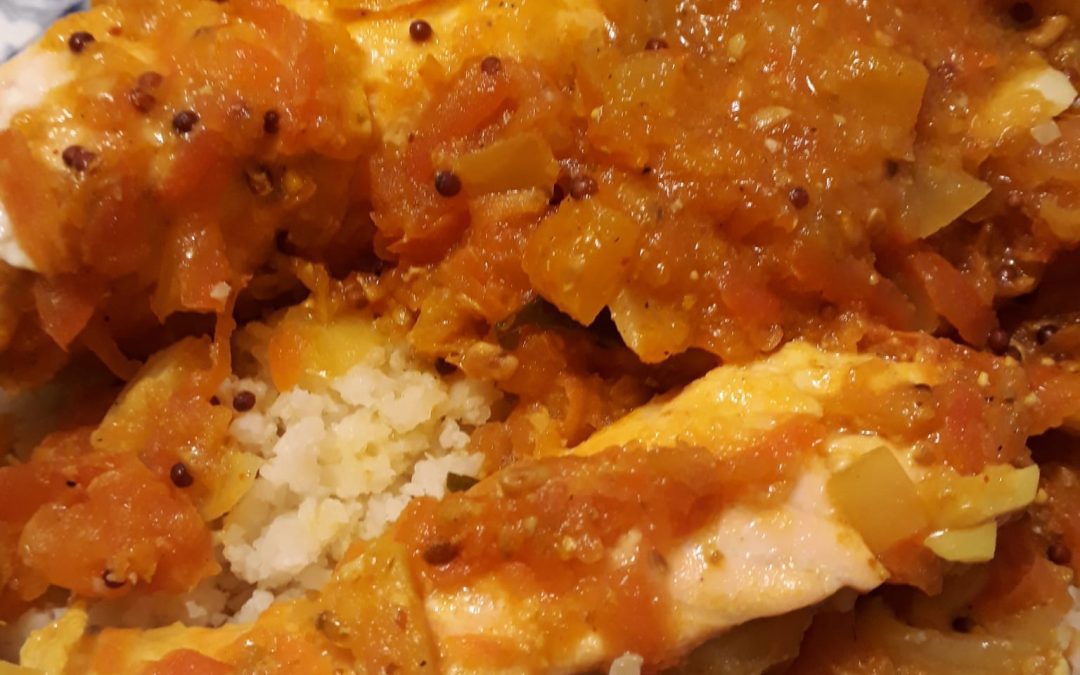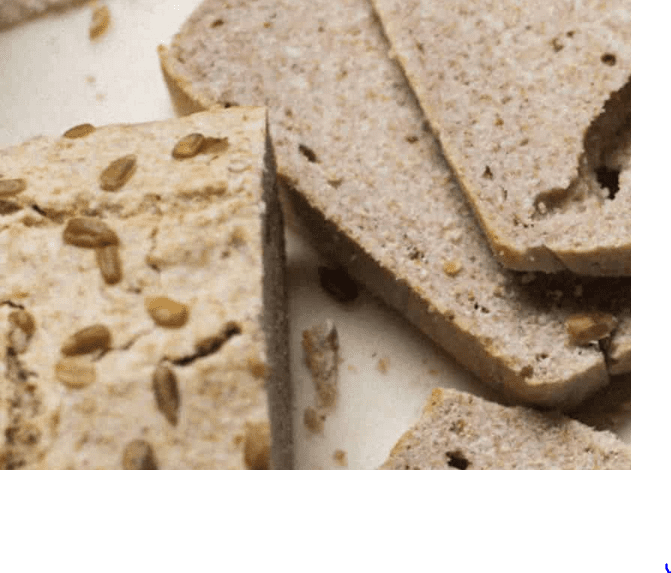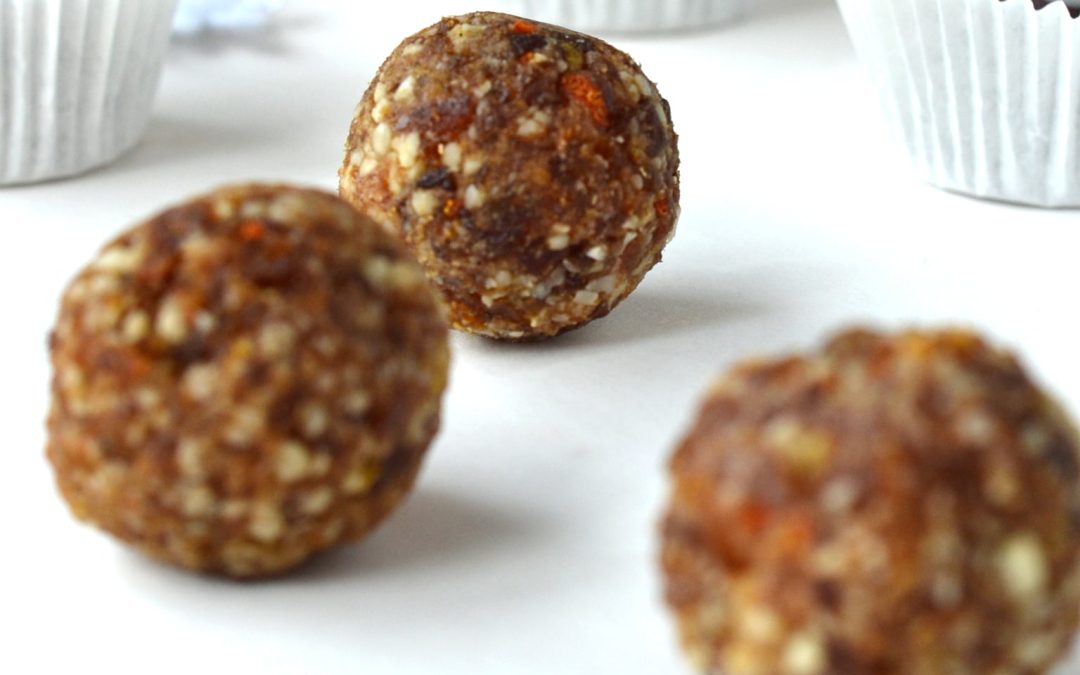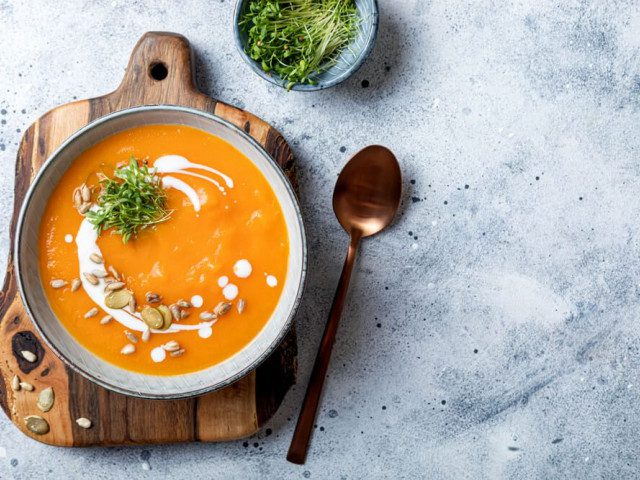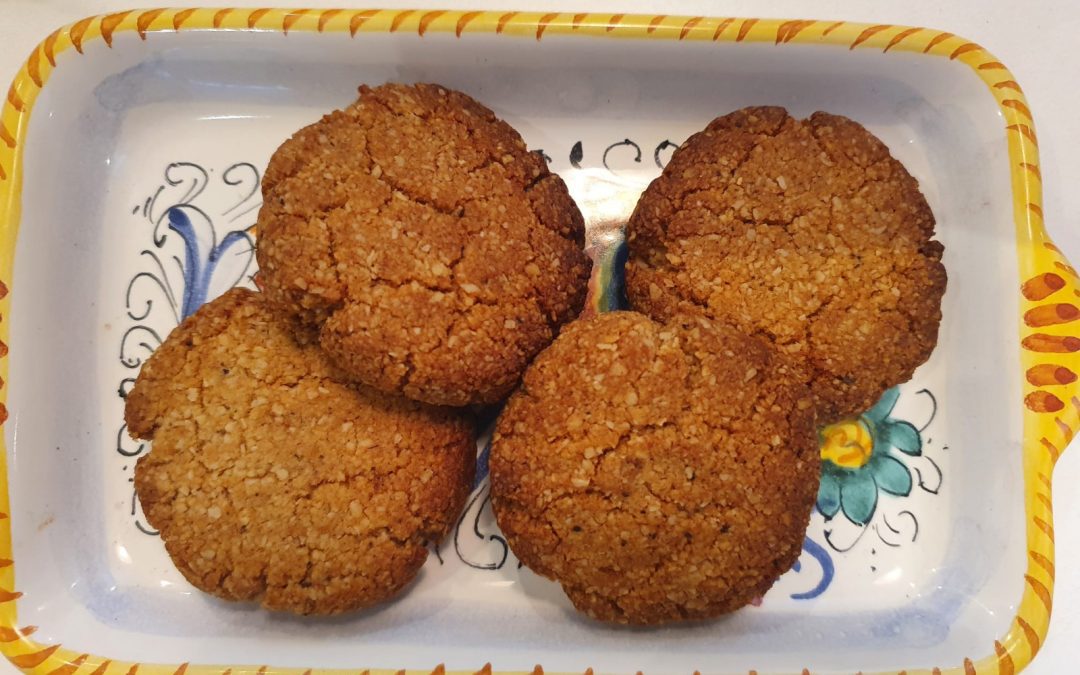
5 Game changers for anyone with Crohn’s or Ulcerative Colitis
5 Game changers for anyone with Crohn’s or Ulcerative Colitis
Inflammatory bowel disease (IBD) – Crohn’s or ulcerative colitis, involves inflammation of your digestive system. In colitis it’s your colon, but in Crohn’s it can be anywhere from your mouth all the way down. IBD needs ongoing medical supervision even if you pursue natural strategies to support your body’s own innate healing capabilities.
In IBD your body’s immune system actually attacks itself. This is called an auto-immune condition. Although patients are often told there is no known cause this is not strictly true. Inflammatory bowel disease is rare in cultures where people eat a natural wholefood diet. We also know that there is a higher incidence of IBD in people who eat low fibre diets, smoke, eat fast foods or eat a lot of sugar.
A study published in the American Journal of Gastroenterology found that low consumption of essential fatty acids, vegetables and fruits were associated with higher risk for Crohn’s disease [Amre, d’Souza et al, 2007] . Here are some things it’s important to address if you want to reduce the number and severity of flare-ups of Crohn’s and ulcerative colitis.
Here are the 5 non-negotiables my successful clients do to get into remission and stay there (or sort themselves out quickly if they get a flare).
1.Assessing the gut microbiome and dealing with the imbalances.
Your gut microbiome is the microscopic organisms living in your small and large intestine. Cutting edge digestive function tests involving stool cultures and DNA PCR have been a game changer in knowing more about what’s driving your condition. Parasites, yeast overgrowths and imbalances in gut bacteria all damage the lining of your gut wall. People with IBD in my experience never have a balanced colon microbiome. Sooner or later this causes food sensitivities i.e. where your immune system starts over-reacting to foods. I’ve never yet seen an IBD patient have a normal gut microbiome. According to a 2025 meta-analysis [Fent et al Front Med Jan 21;11:1490506] 31% of people with IBD have small intestinal bacterial overgrowth (SIBO) compared with 6% in the rest of the population. Resolving this is absolutely do-able and could change your life. The more courses of antibiotics you have taken in your life, the higher your risk of IBD. There is also a well established link in the scientific research between antibiotic use and subsequent development of IBD. Healthy bacteria, wiped out by antibiotics, produce a substance called butyric acid, which is crucial for repairing the bowel moment-to-moment of your life.
2.Assess your micronutrients
Because malabsorption and diarrhoea are a feature of Crohn’s and colitis, sufferers are usually short of the very nutrients that help heal the gut. But is that just an effect? Not exactly. Good zinc levels are needed to heal the bowel but are usually low in patients with IBD. Zinc was shown to help heal damage to the gut in animal models of colitis. What form you use is important to whether your body can absorb or utilise it [Sturniolo et al, 2002, J Lab Clin Med]. Folate is needed to repair and maintain the intestines but Irish diets tend to be low and common IBD drugs asulfadine and methotrexate deplete it further. Plus there is a genetic abnormality in many Irish people that can increase our need for folate. Deficiency of vitamin D could also trigger Crohn’s and Colitis, both of which tend to start or relapse more in the winter when vitamin D levels are low. In animals the active form of vitamin D inhibits the onset of artificially induced inflammatory bowel disease [Friocu et al, 2007. BMC Immunol].
3.Check if your diet is anti-inflammatory or pro-inflammatory.
The last thing you want to be doing is adding fuel to the fire. Omega 3 oils from cold-water fish in your diet act as natural anti-inflammatories. Thousands of research papers support their use in a wide variety of inflammatory conditions, including ulcerative colitis. Nut/seed oils increase the disease process [Persson, Ahlbom et al, 1992. Epidemiology]. Commercial confectionery, fried foods, margarine, ready meals, salted snacks are crammed full of these toxic oils. Some medical experts are still recommending brands of high-calorie build-up drinks with 1-2 teaspoons of these toxic oils per serving.
Studies have shown supplementation with pure uncontaminated omega 3 can be very helpful in ulcerative colitis though surprisingly not in Crohn’s. In Crohn’s its more appropriate to have omega 3 in your diet but NOT FROM SUPPLEMENTS. You also need enough of the minerals and B vitamins needed in order for the body to utilise these anti-inflammatory oils. High grain carbohydrate/processed diets deplete those vitamins and minerals . Increased sugar intake and excessive total carbohydrate consumption can also trigger colitis and Crohn’s [Reif, Klein et al, 1997. Eur J Gastroenterol Hepatol
4. Rule out food sensitivities
You can find out if these are affecting you by cutting edge blood tests or if this isn’t an option for you by doing a 2-3 week elimination diet, after which you gradually re-introduce foods and monitor any reaction in order to identify “problem” foods. Milk (“dairy”) products and gluten grains are the most common culprits for many people with Crohn’s and colitis but other foods such as yeasts and soya are often problematic. The increased intestinal permeability present in food sensitivities predates the onset of frank disease [Buhner et al, 2006. Gut; D’Inca et al 2006. Aliment Pharmacol Ther].
Coeliac disease, a genetic condition, is under diagnosed. It affects 100,000+ people in Ireland today. A further 450,00 have “non-coeliac gluten sensitivity”, which can keep IBD going. Most people are not diagnosed (if ever) until after age 50 and a lifetime of ill health. Standard tests available throughout Europe can definitively diagnose Coeliac Disease BUT cannot rule it out*. This is because biopsy only shows coeliac disease when the gut surface is almost completely destroyed (which might take many decades) and a negative blood test does not guarantee you are not coeliac. The only definitive way to know if you are gluten sensitive is to do sophisticated blood tests or to remove it COMPLETELY from the diet for a period of time. When doing an elimination, even tiny traces of gluten will skew your results so it is crucial to do the elimination 100% for the test period. For some years now I have been able to organize comprehensive and reliable gluten sensitivity testing from Cyrex Laboratories for patients and non-patients alike.
5.The Elephant in the Room: Stress
This is linked to developing ulcerative colitis, Crohns, and to relapses. Nutritional changes make a massive difference in your levels of calm. Did you know that if certain nutrients are missing from your diet you are more likely to feel stressed? Some of these nutrients are also critical for normal bowel repairs and maintenance. Even chronic low level stress impairs normal gut function and in some people that becomes IBD. In my practice I am lucky enough to have cutting-edge software to measure your stress levels and help you learn to self-regulate. This has very pronounced effects within a few weeks, accelerating your progress from the nutrition changes you are making.
Ready to take charge of your health?
Grab your FREE 15 minute zoom strategy call: Whatsapp 087 9816666 now


